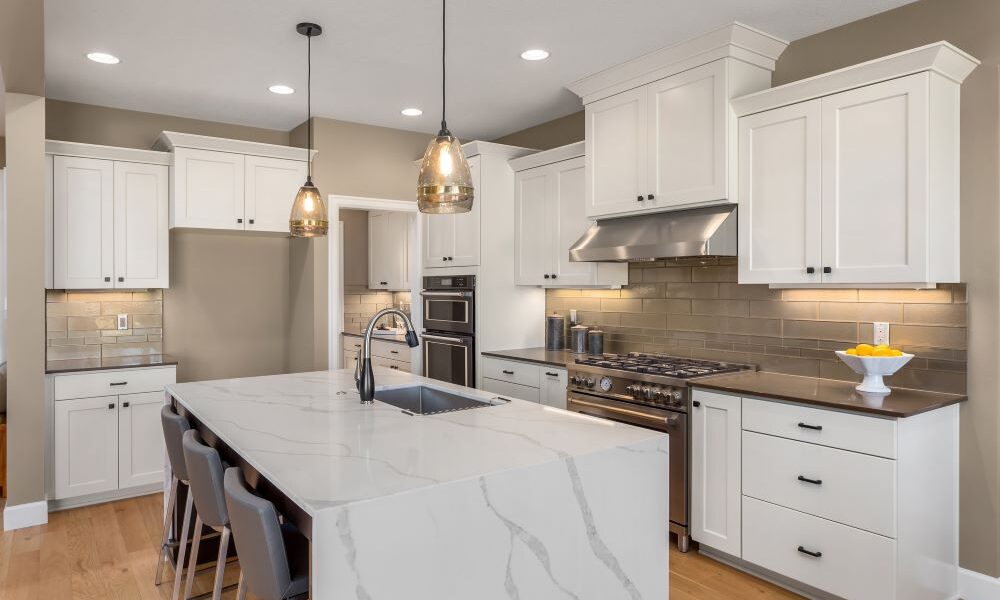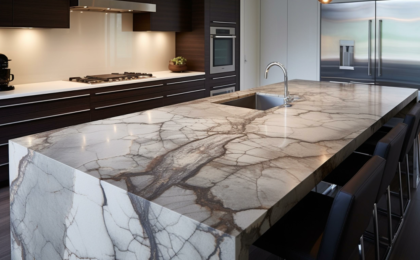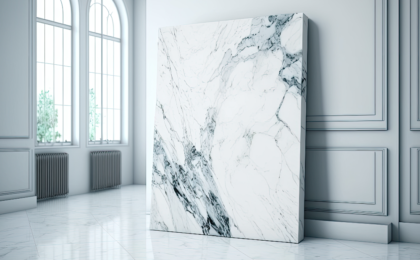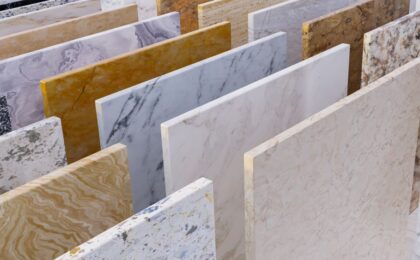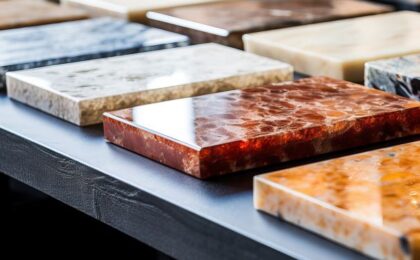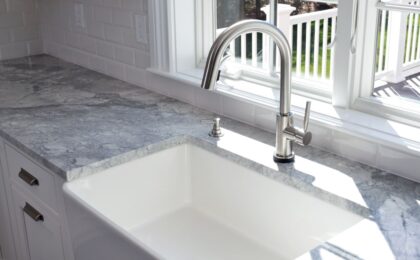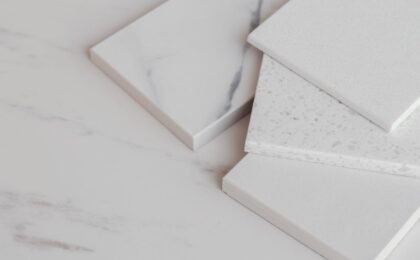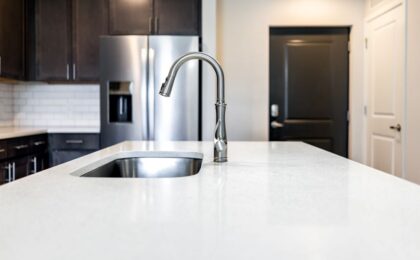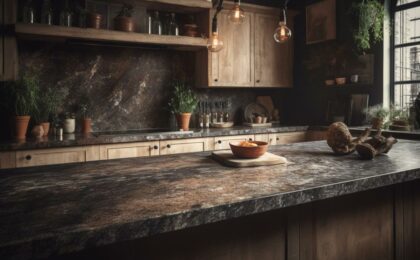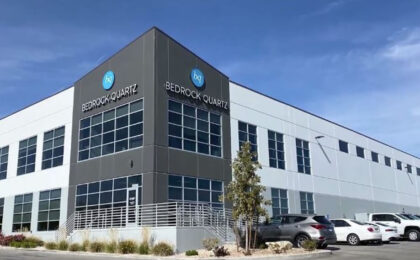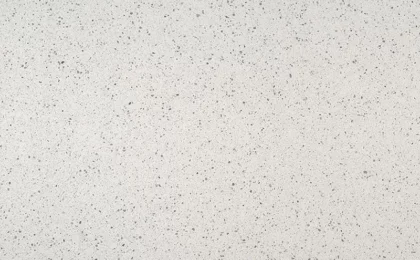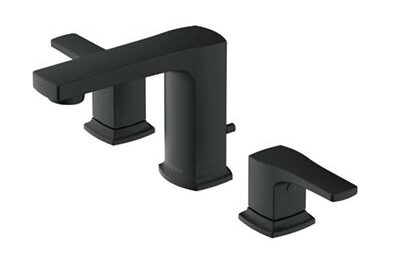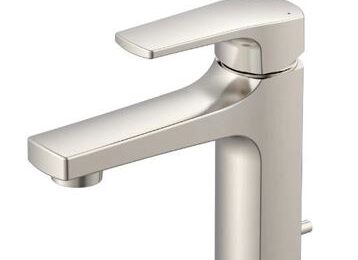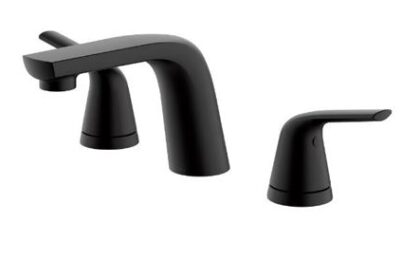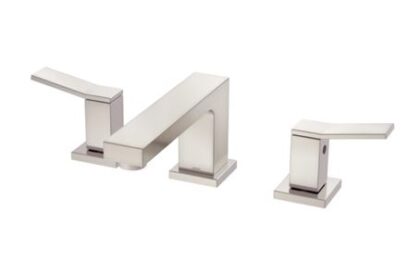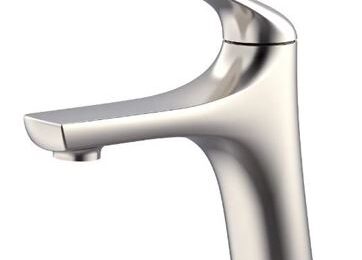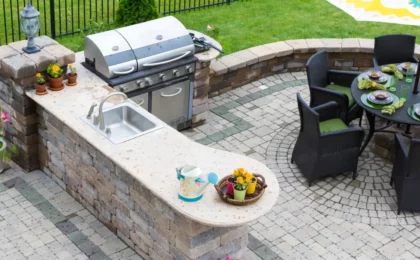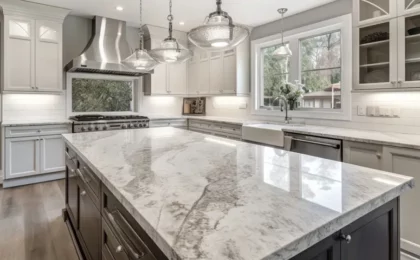Today’s consumers are more environmentally conscious than ever before. We get it. When it comes to installing new quartz countertops, many of our customers want the most eco-friendly option they can find. It is not uncommon for us to hear the question, “How eco-friendly are quartz countertops?”
The good news is that quartz countertops can be extremely eco-friendly depending on where they are manufactured and the materials used to make them. The bad news is that there is no black-and-white answer to the question.
No countertop solution is 100% eco-friendly. In fact, everything humanity does has at least some impact on the environment. So when we talk about the eco-friendliness of a particular product, like quartz countertops, we need to consider a variety of things.
1. Materials Used
Countertop manufacturers use a variety of materials to make their products. In terms of quartz countertops, it is a combination of naturally occurring quartz and a variety of dyes and pigments that hold it all together and make it look good. Although quartz itself is a natural mineral, quartz countertops are manufactured.
Some manufacturers are starting to incorporate recycled materials into their quartz countertops. These materials include post-consumer recycled quartz and glass. Introducing recycled products makes a quartz countertop more eco-friendly.
2. Countertop Origin
Another consideration is origin. In other words, where are quartz countertops manufactured? It matters in terms of environmental friendliness because countertops need to be shipped from the manufacturing site to multiple distribution centers. Shipping has a very definite impact on the environment.
Granite, quartzite and marble countertops are cut directly from slabs of stone. To get the slabs, you need to go to wherever quarries are located. Transporting large slabs of stone can be energy intensive. On the other hand, quartz countertops can be manufactured locally or regionally. That should mean shorter shipping distances.
3. Countertop Durability
Product durability matters in the sense that it impacts the need to manufacture new countertops. The longer a material lasts, the fewer the total number of countertops installed in a given home. At least that’s the theory.
Quartz shines in this particular area due to its incredible durability. A high-quality quartz countertop can last decades with minimal maintenance. The downside is that a good countertop can outlast the style preferences that were in vogue when it was first installed.
4. Maintenance Requirements
It is hard to ignore maintenance requirements when considering the eco-friendliness of a new countertop. First and foremost, think of countertop sealers. A sealer is a chemical designed to protect the surface against stains, chips and cracks, etc. Sealers themselves can be quite eco-unfriendly.
Quartz countertops do not require sealing. Therefore, that particular question is off the table. In terms of routine maintenance though, a quartz product can be cleaned with a general-purpose green cleaning solution. You don’t need harsh chemicals to keep quartz looking like new.
5. Manufacturing Process
Last but not least is the manufacturing process. Manufacturing quartz countertops can be energy intense. The trade-off is the fact that they last so long. Also bear in mind that wood and laminate countertops also involve energy-consuming manufacturing processes. For granite and marble, there is the question of how much energy is needed to harvest, transport, and cut stone.
Are quartz countertops more eco-friendly than the other options? In some ways, yes. In other ways, no. Overall, quartz is a relatively eco-friendly material and a worthwhile choice for any modern kitchen. You ultimately have to make the choice for yourself. If we can help by answering your questions, we would be happy to do so during your visit to one of our Utah showrooms. You can also conduct your own research online.
